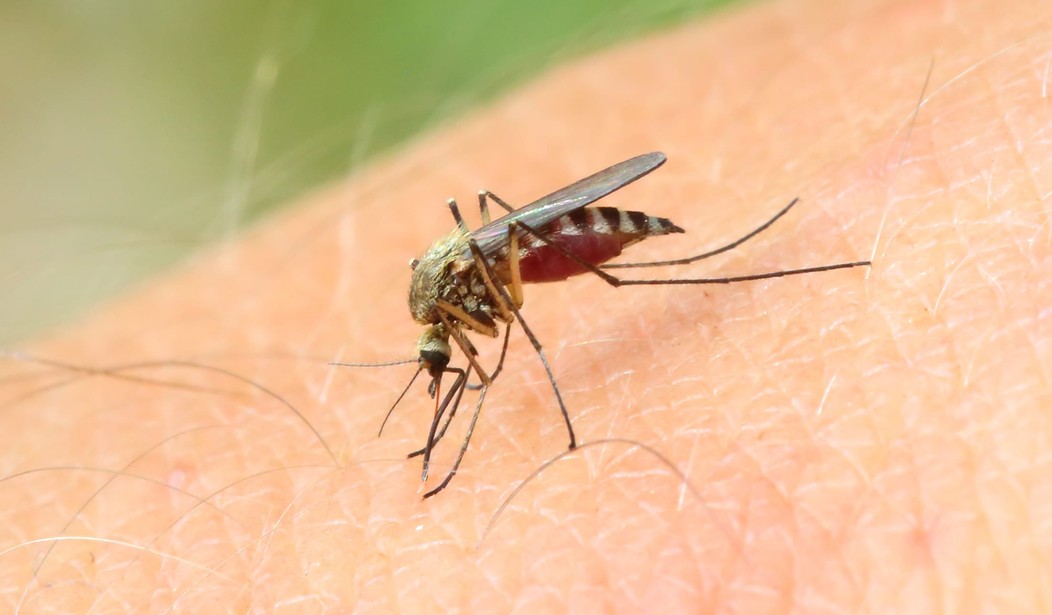World Health Organization Director-General Margaret Chan warned today of the “explosive spread” of a mosquito-borne virus that might be sexually transmitted and cause serious birth defects in unborn children.
Infection with the Zika virus is caused by the bite of an infected Aedes mosquito, the same kinds that carry dengue and yellow fever, according to the WHO.
According to the Centers for Disease Control and Prevention, about 20 percent of those who contract the virus fall ill with symptoms including mild fever, rash, conjunctivitis, muscle and joint pain, and headache that can last up to a week. There is no vaccine or treatment other than treating the symptoms.
The current outbreak began last May in Brazil. The map of countries with active transmission has stretched up all the way to Mexico and Puerto Rico.
The CDC fears that visitors to Central and South America and affected islands, including Samoa, Martinique, Barbados and St. Martin, will bring the virus to the continental United States.
“During the current outbreak, Zika virus infections have been confirmed in several infants with microcephaly and in fetal losses in women infected during pregnancy. We do not yet understand the full spectrum of outcomes that might be associated with infection during pregnancy, nor the factors that might increase risk to the fetus,” the CDC said in a mid-month health alert.
“Until more is known and out of an abundance of caution, pregnant women should consider postponing travel to any area where Zika virus transmission is ongoing. Pregnant women who do travel to these areas should talk to their doctors or other healthcare providers first and strictly follow steps to avoid mosquito bites during the trip. Women trying to become pregnant should consult with their healthcare providers before traveling to these areas and strictly follow steps to avoid mosquito bites during the trip.”
The travel alert is currently at Level 2 – “practice enhanced precautions” if traveling to an affected region, including wearing long sleeves and pants and using insect repellent.
Hawaii’s Department of Health said last week that a woman who lived in Brazil last year delivered a baby on the island that has birth defects linked to the virus; Chan said “the circumstantial evidence is worrisome” linking Zika to microcephaly. A handful of reports of travelers contracting the virus have been collected over the past several years, but at least one new Puerto Rico case involved transmission on the island as the ill person had not traveled.
“Zika has been isolated in human semen, and one case of possible person-to-person sexual transmission has been described. However, more evidence is needed to confirm whether sexual contact is a means of Zika transmission,” the WHO said.
Fears of an accelerating Zika outbreak come as the WHO said “flare-ups” of Ebola are still happening in Guinea, Liberia and Sierra Leone, which was declared to have stopped transmission of the deadly virus in early November but announced a new case earlier this month.
Chan said today that the flare-ups should be “quickly contained” while stressing that 10,000 survivors of the outbreak “face persistent health problems together with continuing stigmatization.”
One reason for Zika’s rapid spread is little immunity in the population, she said.
“In a profoundly interconnected world, there is no such thing as a local outbreak,” Chan noted.
White House press secretary Josh Earnest told reporters last week that the administration is trying “to communicate with the American public about the precise nature of the risk.”
“The impact of the virus on somebody who is not pregnant, or on men, is — are symptoms that are rather mild,” Earnest said. “And the concern is just the focus on the possible linkage between this virus and a particular birth defect that can have an impact on women who are pregnant or may become pregnant.”









Join the conversation as a VIP Member